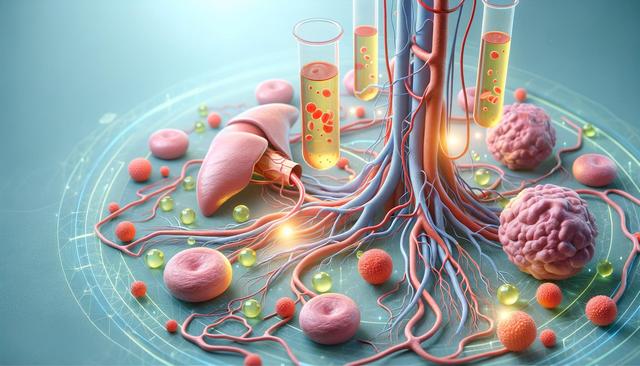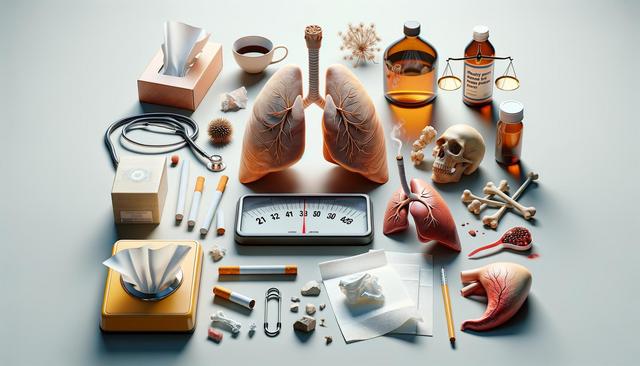Understanding the Lymphatic System
The lymphatic system is an essential part of the human body, made up of a network of vessels, lymph nodes, and organs such as the spleen and thymus. This system is responsible for transporting lymph, a clear fluid containing white blood cells, which helps fight infections and remove waste products. Unlike the circulatory system, the lymphatic system does not have a central pump like the heart. Instead, it relies on muscle movement and manual stimulation to keep lymph flowing efficiently. When functioning properly, the lymphatic system supports immune responses and helps manage inflammation, making it a key player in overall health.
Common Causes of Lymphatic Dysfunction
When the lymphatic system is not working properly, it can lead to a range of health issues. Lymphedema is one of the most recognizable conditions associated with lymphatic dysfunction and is characterized by painful swelling, usually in the arms or legs. Causes of lymphatic problems can include:
- Infections or injuries that damage lymph nodes or vessels
- Surgical removal of lymph nodes as part of cancer treatment
- Chronic inflammation or autoimmune disorders
- Inactivity or a sedentary lifestyle
These issues can result in fluid buildup, impaired immune function, and increased risk of infections. Recognizing these causes is the first step toward prevention and proper management of lymphatic health.
Signs Your Lymphatic System Needs Support
There are several signs that might indicate a sluggish or overburdened lymphatic system. These symptoms are often subtle and can be mistaken for other health issues. Common signs include:
- Persistent fatigue or low energy levels
- Frequent colds or infections
- Swelling in the hands, feet, or face
- Skin issues such as acne or dry patches
- Brain fog or difficulty concentrating
If you experience a combination of these symptoms regularly, it may suggest that your lymphatic system could benefit from additional support or lifestyle changes aimed at improving its function.
Practical Ways to Support Your Lymphatic Health
There are many natural strategies that can help maintain or improve lymphatic function. Because the lymphatic system depends on movement and hydration, small changes in daily habits can make a significant difference. Consider incorporating the following practices into your routine:
- Engage in regular physical activity, such as walking, yoga, or swimming
- Drink plenty of water to help lymph fluid circulate effectively
- Use dry brushing techniques to stimulate lymph flow just beneath the skin
- Try gentle massage or manual lymphatic drainage therapy
- Eat a diet rich in fruits, vegetables, and anti-inflammatory foods
These habits not only promote lymphatic health but also support overall wellness and immune function.
When to Seek Professional Help
While lifestyle adjustments can be very effective, there may be times when professional support is needed. If you notice unexplained swelling, recurring infections, or other persistent symptoms, it’s a good idea to consult a healthcare provider. Medical professionals can offer diagnostic tools such as imaging or blood tests to assess lymphatic function. In some cases, specialized treatments like compression therapy or physical therapy may be recommended. Early intervention can prevent more serious complications and support long-term health.
Conclusion
Maintaining a healthy lymphatic system is essential for immune defense, detoxification, and fluid balance in the body. By understanding how the system works and recognizing early signs of dysfunction, individuals can take proactive steps to support their lymphatic health. Through regular movement, hydration, and mindful self-care practices, it’s possible to enhance your body’s natural ability to stay balanced and resilient. For those experiencing ongoing symptoms, seeking medical guidance ensures that any underlying issues are addressed with appropriate care and attention.


